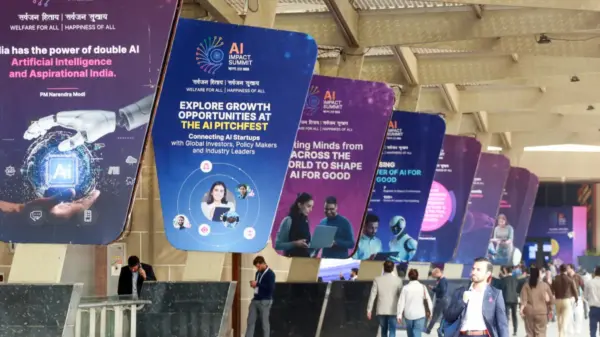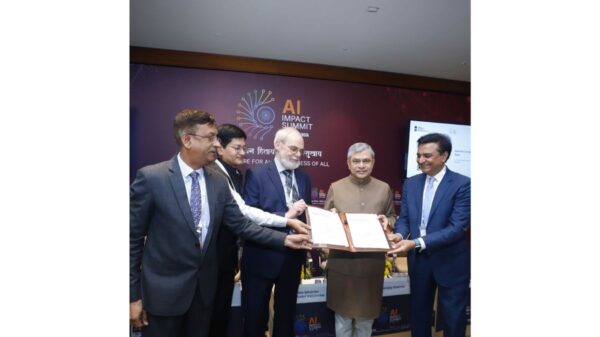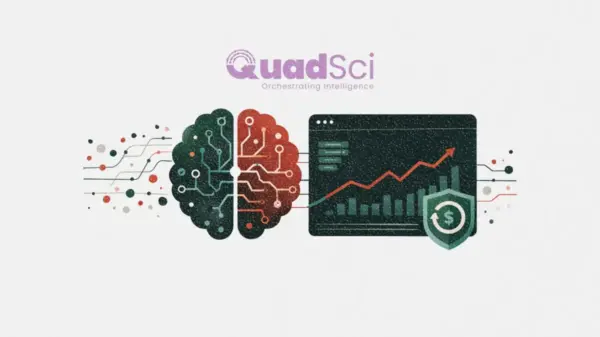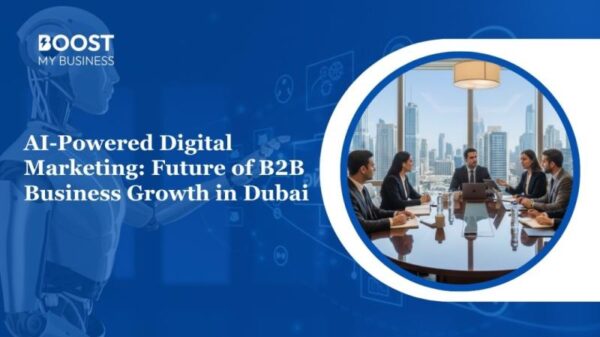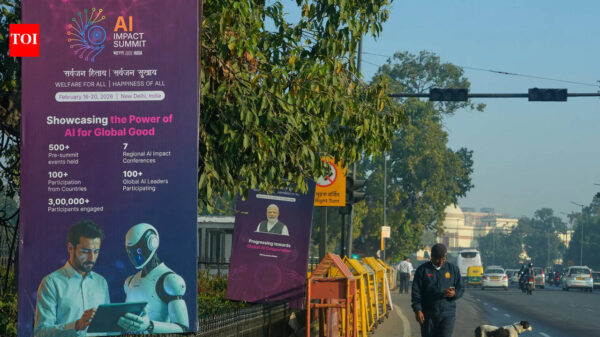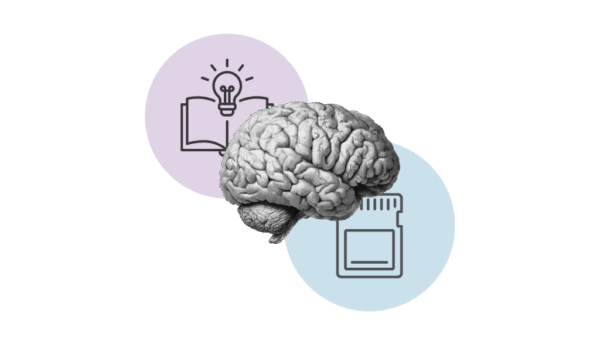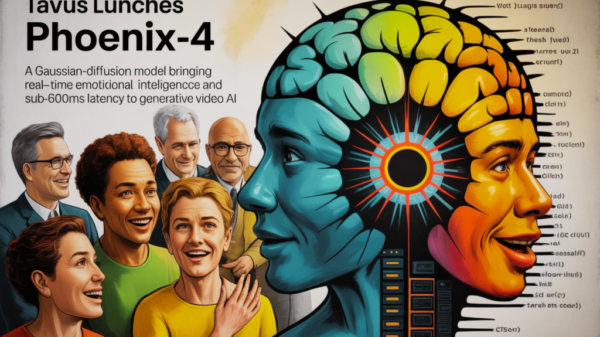At the recent AI Week organized by Calcalist and Commit, Raj Verma, the CEO of database company SingleStore, delivered a thought-provoking address regarding the profound implications of artificial intelligence (AI) on civilization. Drawing inspiration from Yuval Noah Harari‘s work, *Sapiens*, Verma proposed that technology could potentially condense humanity’s evolutionary timeline from “millions of years” down to a mere 500 years.
Verma characterized AI as more than just another technological advancement; he sees it as a civilizational force set to impact human life, economic structures, and the course of civilization itself in ways that surpass even the advent of electricity and the internet. “This is going to bend the arc of civilization as we know it,” he asserted, framing AI as a transformative tool that could redefine our future.
To emphasize the potential of AI, Verma highlighted its imminent effects on pharmaceutical development. Traditionally, bringing new drugs to market requires a lengthy research period of seven to ten years. However, he predicted that within five years, this timeline could shrink to less than 12 months, marking a revolutionary change in healthcare delivery. “That is revolutionary,” he stated, calling such a rapid turnaround “almost unthinkable.”
Verma also expressed optimism regarding AI’s role in oncology, where treatments have historically struggled to keep pace with cancer’s rapid evolution. He described AI as “our biggest hope” for developing effective strategies to prolong patients’ lives against the disease’s adaptive nature.
While acknowledging the speculative nature of current AI investments, Verma candidly stated, “There is absolutely no doubt we are in a bubble.” He argued that though many AI companies may not survive the short term, history shows that such bubbles often lead to long-term success. Drawing a parallel to the late 1990s dot-com boom, he noted that while initial expectations may not have been met, the internet ultimately reshaped the world “many, many times” over.
Verma cautioned investors about the rapid return expectations in AI. He advised, “If you’re thinking short term on AI and betting money, you’re probably going to lose.” Despite this, he pointed to the unprecedented speed at which some companies are achieving $100 million in revenue, stating it is “faster than we’ve ever seen in our lives.”
Regarding the race for artificial general intelligence (AGI), Verma offered a more measured perspective. Just 18 months ago, many believed AGI was within reach in two years, but he now estimates it to be at least seven years away. Some experts speculate it could be as long as 25 years, citing the “tepid response” to OpenAI’s latest model as a sign that current expectations may have outpaced reality. Instead of a single “super brain,” he envisions a hybrid future that leverages a large general model connected to networks of smaller, specialized models, emphasizing the necessity of effective data management for success.
Verma outlined three key components defining a successful AI strategy: fast compute, vast data, and a nimble data platform. Companies that fail to align these elements will encounter challenges in effective AI implementation.
Highlighting Israel’s significance in technology trends, Verma shared that Israeli companies often predict data trends four to six months ahead of the global curve. Approximately 7-9% of SingleStore’s global revenue is derived from Israel, the country being home to several of its notable use cases spanning areas such as cybersecurity and HR technology, although he refrained from naming specific clients due to confidentiality agreements. He expressed confidence that Israeli companies would adopt data-driven AI strategies “a little sooner than the rest of the world,” a trend that shapes his industry expectations.
As AI continues to evolve, Verma’s insights provide a compelling look into both the potential and the pitfalls inherent in this transformative technology, positioning it as a crucial driver of change in the modern world.
See also Students Use AI to Boost Learning: Do’s and Don’ts for Academic Success
Students Use AI to Boost Learning: Do’s and Don’ts for Academic Success Cisco Launches ‘Resilient Infrastructure’ Initiative to Combat Risks of Aging Tech
Cisco Launches ‘Resilient Infrastructure’ Initiative to Combat Risks of Aging Tech AI Disrupts Entry-Level Tech Jobs, But Pursuing Computer Science Remains Vital
AI Disrupts Entry-Level Tech Jobs, But Pursuing Computer Science Remains Vital IBM’s Charu Mahajan: Creativity Essential for AI Age, Not Just Data Literacy
IBM’s Charu Mahajan: Creativity Essential for AI Age, Not Just Data Literacy Microsoft AI Chief Mustafa Suleyman Defends Copilot Amid User Backlash on Windows Updates
Microsoft AI Chief Mustafa Suleyman Defends Copilot Amid User Backlash on Windows Updates















